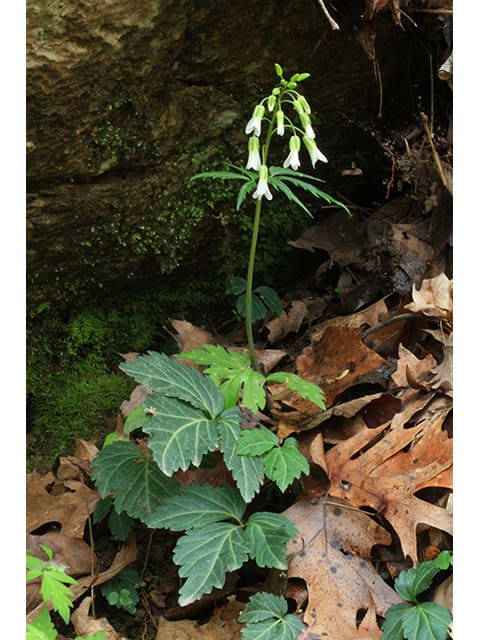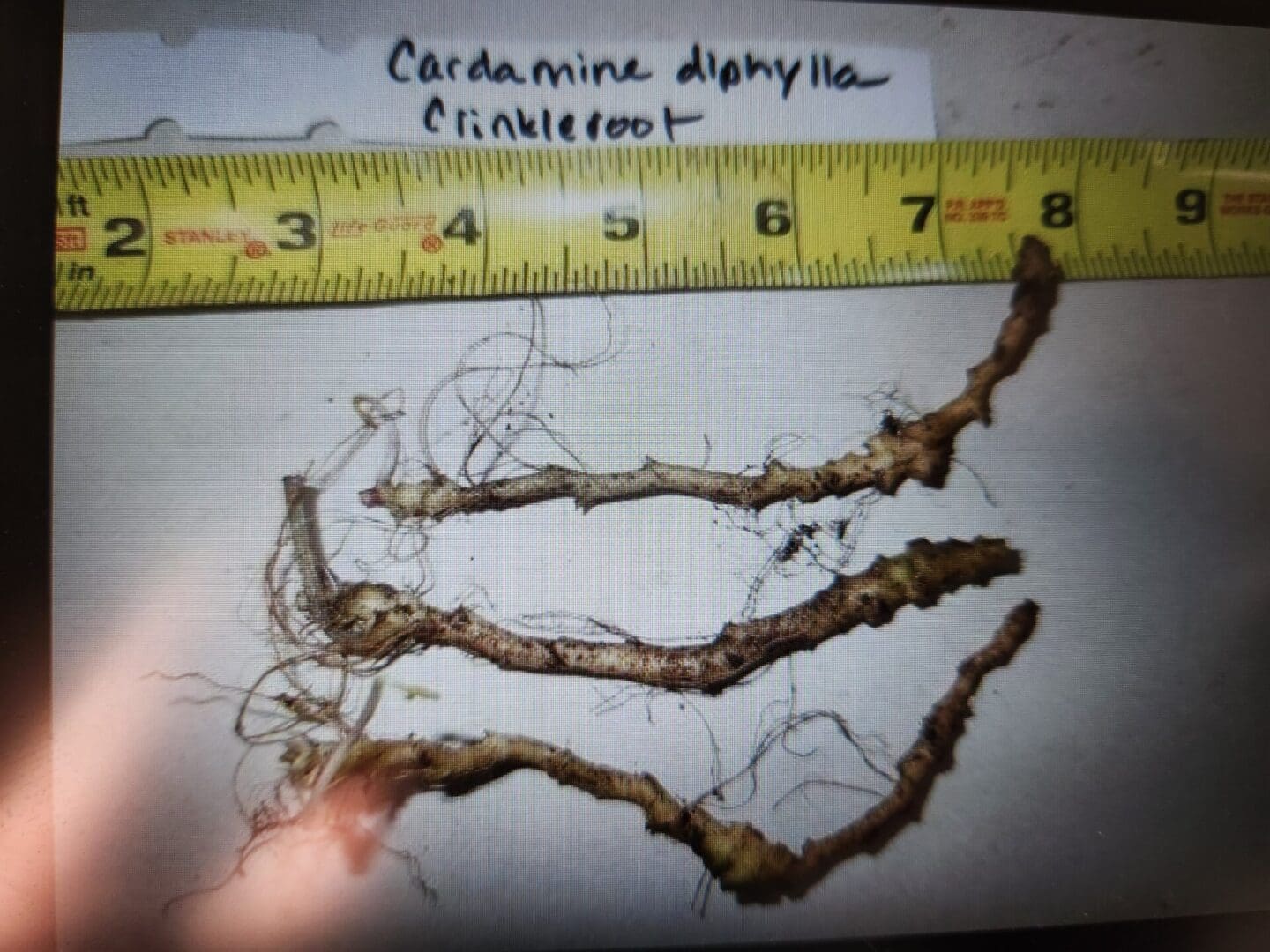Cardamine diphylla, Crinkleroot, Wholesale Native Bare Root Perennials
$8.00
260 in stock
Cardamine diphylla, Crinkleroot, Wholesale Native Bare Root Perennials
(requires a minimum purchase of 5 plants, must be purchased in groups of 5)
Wholesale pricing is based on quantity.
5 or more $8.00 each
25 or more $4.00 each
50 or more $2.25 each
300 or more $2.00 each
For Shipping, Install and additional info please see “About Bare Root“.
Native bare root perennials are dug and shipped while dormant, mid October to early spring.
See all available Native Bare Root Perennials
Check the native status of this species for your area via the USDA Plants Database here.
Order Minimum
There is a minimum order total of $150.00.
before tax (VA residents only) and shipping.
There are NO EXCEPTIONS.
Description
Cardamine diphylla, Crinkleroot, Wholesale Native Bare Root Perennials
An upright, 8-16 in. perennial with paired leaves, each dissected so deeply as to appear compound. The leaves are palmately cut into 3-5 sections. The basal leaves, when present, arise from a rhizome. A loose cluster of white or light pink, four-petaled blossoms occur at the end of a stem rising above the leaves.
This plant grows in woods but does not tolerate the deep shade cast by evergreen trees.
Plant Characteristics
Duration: Perennial
Habit: Herb
Fruit Type: Silique
Size Notes: Up to about 16 inches tall.
Bloom Information
Bloom Color: White , Pink
Bloom Time: Mar , Apr , May , Jun
Distribution
USA: AL , AR , CT , GA , IL , IN , KY , MA , MD , ME , MI , MO , MS , NC , NH , NJ , NY , OH , PA , SC , TN , VA , VT , WI , WV
Canada: NB , NS , ON , PE
Native Distribution: N.S. to s. Ont. & WI, s. to SC & MS
Native Habitat: Rich, wooded slopes; alluvial woods
Growing Conditions
Light Requirement: Part Shade , Shade
Soil Moisture: Moist
Soil pH: Acidic (pH<6.8)
Soil Description: Humus-rich, acid soil.
Conditions Comments: A light, leafy winter cover is desirable. This plant does not tolerate the deep shade cast by evergreen trees.
Benefit
Use Wildlife: West Virginia White is a native butterfly species often mistaken for Cabbage White, an introduced species. Lays its eggs one by one on this plant and Dentaria laciniata, another toothwort.
Attracts: Butterflies
Butterflies and Moths of North America (BAMONA)
| West Virginia White (Pieris virginiensis)  Larval Host |
For Shipping, Install and additional info please see “About Bare Root“.
Native bare root perennials are dug and shipped while dormant, mid October to early spring.
See all available Native Bare Root Perennials
Check the native status of this species for your area via the USDA Plants Database here.
Related products
-
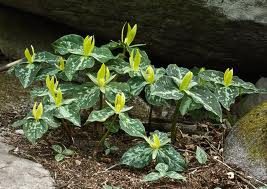
Trillium luteum, Yellow Trillium, Wholesale Native Bare Root Perennial
$8.50 Add to cart -
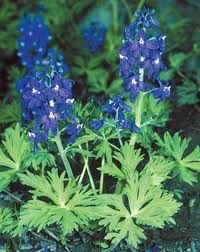
Delphinium tricorne Dwarf Larkspur, Wholesale Native Bare Root Perennial
$8.00 Add to cart -
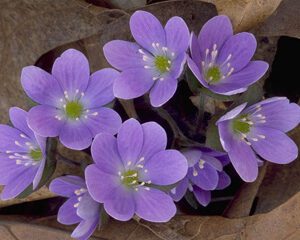
Hepatica nobilis acuta, Evergreen Sharp lobed hepatica, Wholesale Native Bare Root Perennial
$8.00 Add to cart -
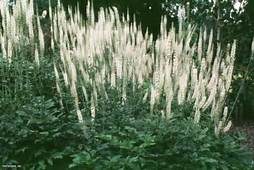
Actaea racemosa, Black Bugbane, Black Cohosh, Wholesale Native Bare Root Perennials
$8.00 Add to cart
